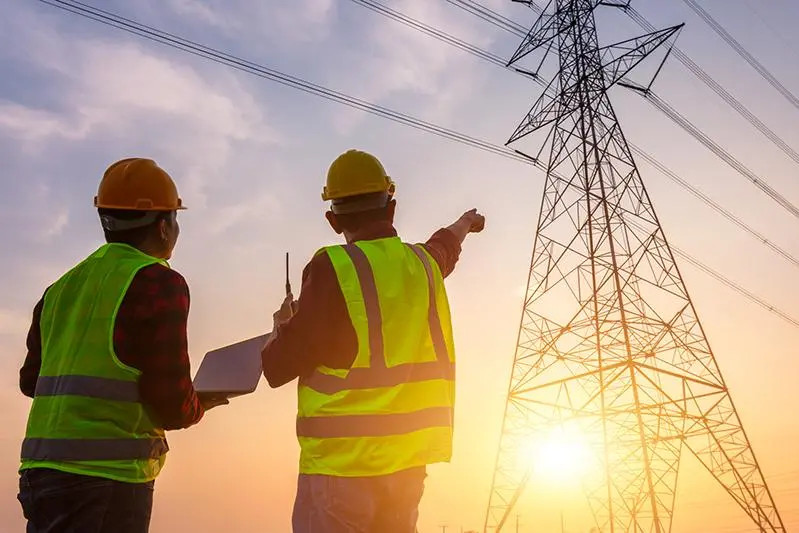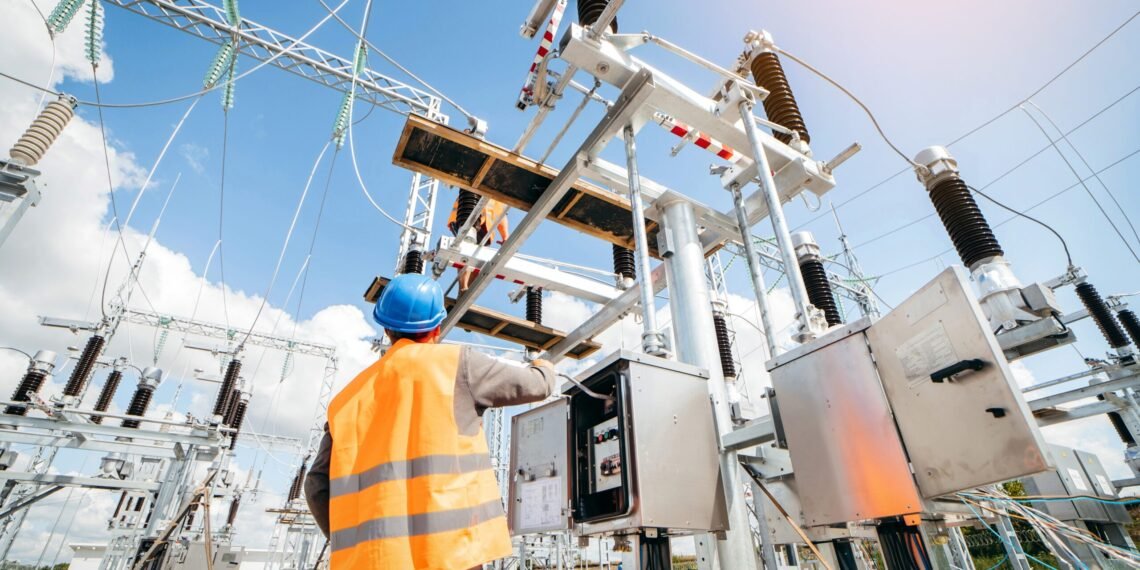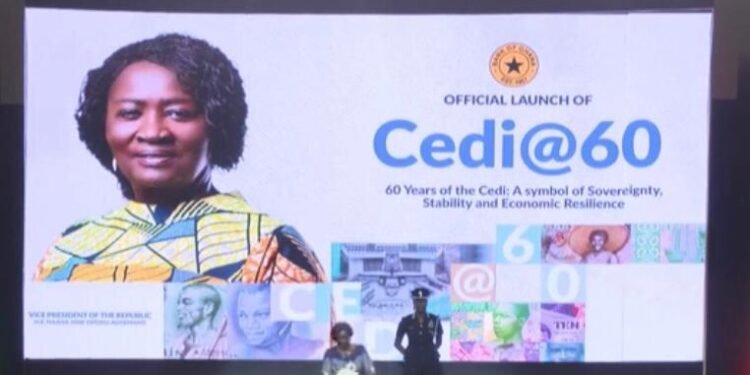Ghana’s energy sector is at a financial breaking point. With annual shortfalls topping $1.5 billion, the country’s power industry is draining public coffers and threatening economic stability.
In a candid address to Parliament during the 2025 Mid-Year Budget Review, Finance Minister Dr Cassiel Ato Forson exposed the depth of the crisis, blaming legacy contracts, inefficiencies, and poor revenue systems for the sector’s near collapse.
Dr. Forson declared, “We inherited a bleeding energy sector with annual financing shortfalls over $1.5 billion,” noting that this gap has led to a significant accumulation of arrears across the energy value chain.
Independent Power Producers (IPPs), transmission entities, and distribution companies are all grappling with delayed payments, which he warned is severely eroding investor confidence and creating ripple effects throughout the economy.
The financial hemorrhage, he explained, stems from a range of persistent problems.

Chief among them are poorly structured power purchase agreements (PPAs) signed under previous administrations, which have resulted in excess capacity charges, payments made for unused power that Ghana is contractually bound to honour.
These deals, according to Dr. Forson, have become an unsustainable drain on the country’s fiscal resources.
Beyond contractual flaws, inefficiencies in revenue collection, metering, and technical losses have compounded the crisis.
Many of Ghana’s utilities operate with outdated infrastructure and suffer from high distribution losses, which significantly reduce their ability to recover operational costs. These issues, the Minister said, cannot be left unaddressed.
Dr. Forson told Parliament, “The financial state of the energy sector has become a real threat to our national budget,” stressing that addressing the crisis is central to preserving the government’s broader economic recovery agenda.
Reforms Underway

In an effort to restore stability, the government has launched a suite of reforms aimed at improving the sector’s financial health.
“We have started renegotiating some of the power purchase agreements and are also working to strengthen revenue collection.”
Dr. Cassiel Ato Forson, Finance Minister
He expressed optimism that these negotiations will result in cost savings for the state and a more rationalised energy procurement framework.
The Finance Minister underscored the government’s commitment to tackling inefficiencies from multiple angles.
Dr. Forson also highlighted plans to enhance governance and transparency across the sector. This includes bolstering oversight mechanisms, streamlining operational management, and ensuring that financial reporting and billing systems reflect actual performance.
The intention, he said, is to build a financially disciplined sector that is both bankable and capable of supporting the country’s industrial transformation.
Dr. Forson’s comments form part of a wider fiscal strategy anchored in the government’s programme with the International Monetary Fund (IMF).

The reform package seeks to stabilise Ghana’s macroeconomic environment while enabling investment in growth-critical sectors like energy, infrastructure, and social protection.
Despite the scale of the challenge, the Finance Minister reiterated the administration’s resolve to see through the reforms.
He argued that a financially viable energy sector is not merely a utility concern but a prerequisite for economic resilience, investor confidence, and inclusive development.
“We must fix this sector if we are to sustain our recovery and improve the quality of life for Ghanaians.”
Dr. Cassiel Ato Forson, Finance Minister
As Parliament reviews the budgetary and policy proposals for the second half of 2025, the energy sector’s trajectory will likely remain a focal point of national discourse.
With electricity demand continuing to rise and energy affordability a growing concern among consumers, expectations are high for reforms that not only plug financial leaks but also deliver reliable and equitable power across the country.
The months ahead will test the government’s ability to navigate contractual renegotiations, mobilise revenues, and enforce tough but necessary reforms in one of Ghana’s most politically and economically sensitive sectors.
READ ALSO: Ghana’s Mobile Money Borrowing Surges: 22% of Adults Now Rely on It – World Bank























